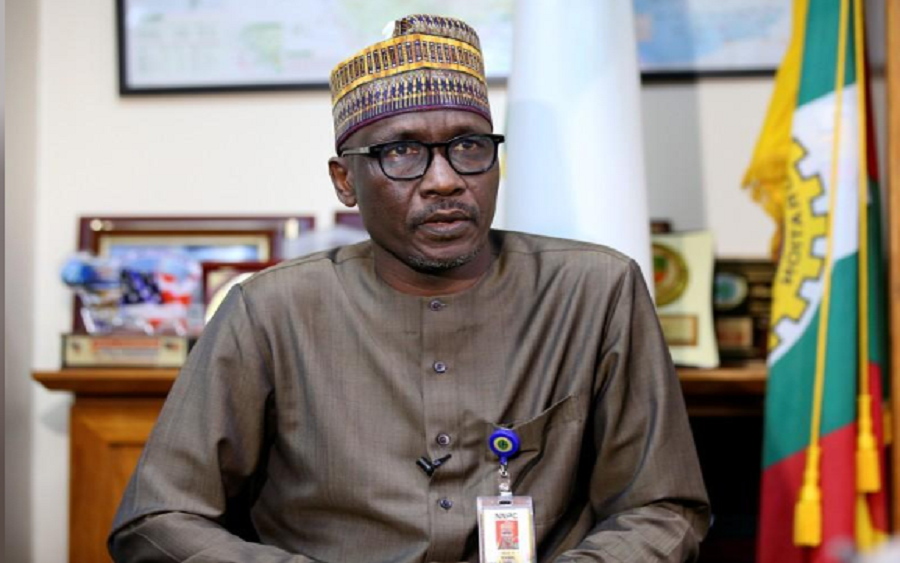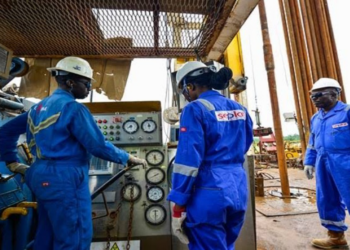The Russian Federation has disclosed plans to enhance bilateral co-operation with Nigeria by partnering to develop the latter’s energy sector.
The Russian Federation Ambassador to Nigeria, Alexey Shebarshin, who made this known, explained that his country is willing to collaborate with the Nigerian National Petroleum Corporation (NNPC) across Nigeria’s upstream, gas and power sectors. This he said while visiting the Group Managing Director, NNPC, Mele Kyari.
In a statement issued by NNPC, Shebarshin stated that he visited to follow up on the conclusions drawn from the Russia-Africa Summit held in Sochi last year. He said that the Russian embassy in Nigeria was ready to increase the level of partnership between the two countries.
[READ ALSO: Border Closure: Presidential task force inspects Nigeria-Niger Border (Opens in a new browser tab)]
“We are particularly interested in participating in Nigeria’s power infrastructure projects.
“We would also keep close track of the ongoing negotiations between the NNPC and Gazprom on the restoration of the bilateral cooperation that aims at reviving and solidify the venture between our two companies for gas infrastructure development in Nigeria.” Shebarshin said,
Speaking further, the ambassador noted that he was ready to provide assistance to support the refinery rehabilitation focused project being executed by the NNPC and Russian-based company, Lukoil.
[READ MORE: UPDATE: NNPC is set to work with Russia’s Lukoil ]
Commenting on the development, Kyari expressed his appreciation towards the ambassador for the visit as he assured him of the NNPC’s commitment to partner the Russian embassy in Nigeria to ensure that the two countries benefit from the bilateral cooperation reached in Sochi, Russia.
Kyari said; “As a national oil company, we are committed to growing Nigeria’s economy. We will set up communication channels with the Russian companies, Lukoil and Gazprom in particular, to promote this collaboration for the benefit of our two countries.”
Why this matters: Nigeria is one of Africa’s leading crude oil producers, as the nation’s energy sector remains one of the most underdeveloped on the African continent. Refineries are inefficient and underperforming, thereby leading to over-dependence on importation of refined petroleum products to meet local demand.
This has been a long-standing problem, with lots of failed efforts to remedy it. It is, therefore, expected that Russia’s interest in developing the sector will help to profer solution.

























